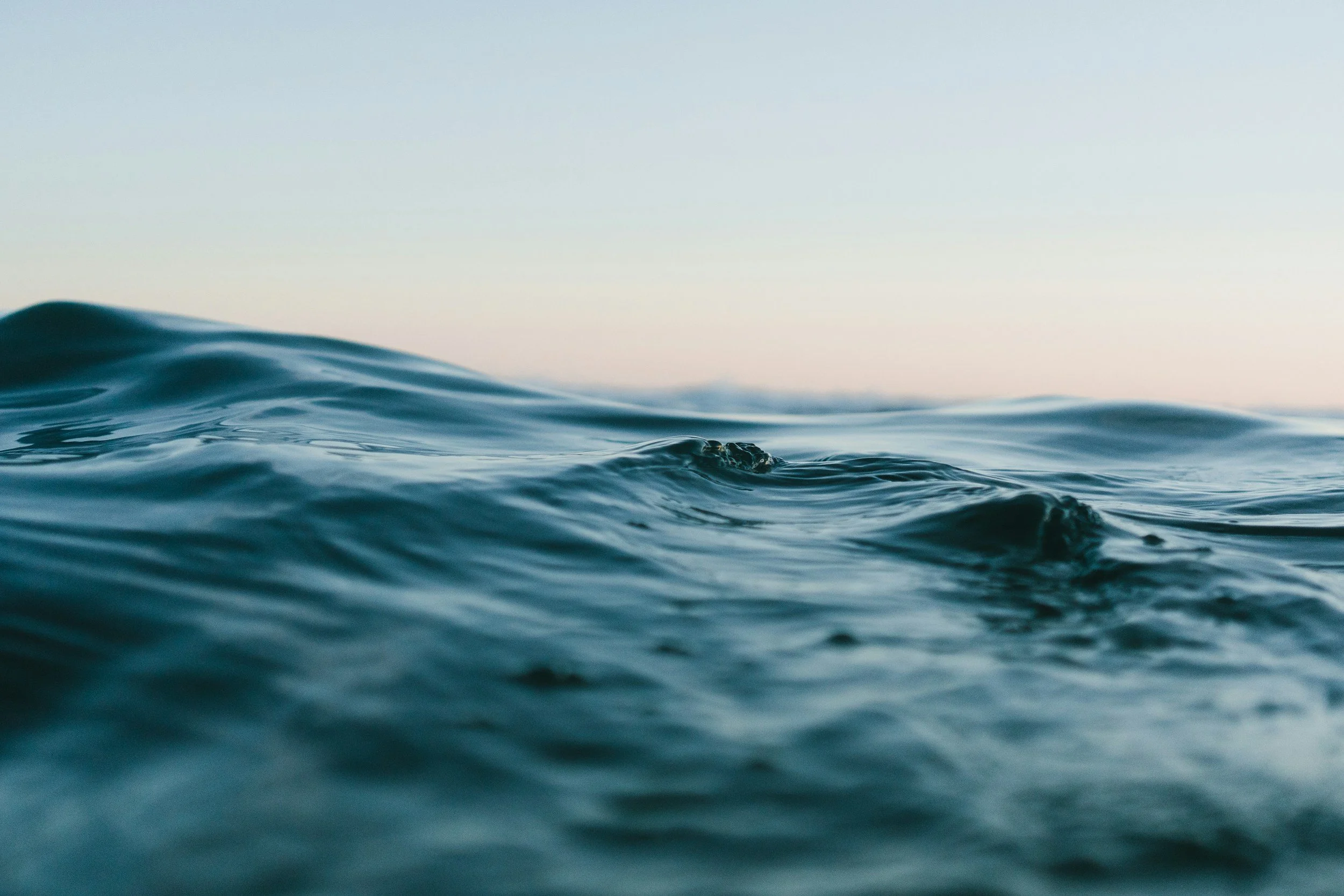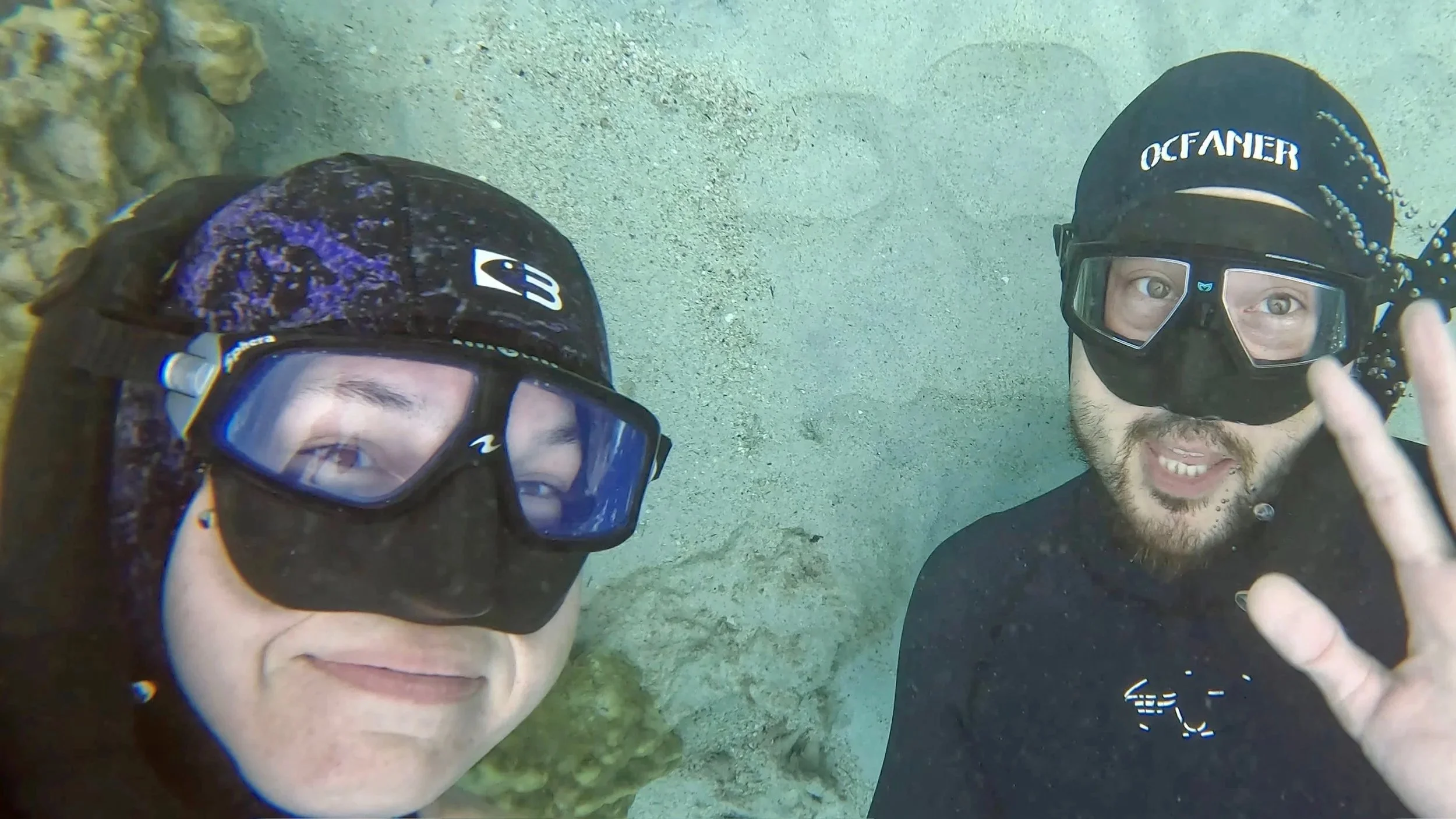
About Us
Our Story
Inner Depths Freediving was founded in 2024 by Taylor and Dr. James Jung, rooted in a shared belief that the ocean holds profound potential for healing.
Through their own personal experiences—Taylor’s journey of postpartum depression and reconnection with her body, and James’s journey as both a psychiatrist and a combat veteran—they came to understand just how powerful nature can be in supporting nervous system regulation and emotional healing.
They envision Inner Depths as a space where others can access that same healing through freediving, held in a supportive and intentional environment.
At the heart of the program is the integration of two equally vital elements:
The natural, grounding power of the ocean
The insight and support offered by neurotechnology and evidence-based mental health practices
By bringing these worlds together, Inner Depths offers a unique path to healing that honors both nature and the tools of modern science.
Inner Depths was created to merge two powerful forces—nature and neuroscience.
Our Mision
At Inner Depths, our mission is to create a safe, supportive space for individuals healing from trauma or navigating mental health challenges. We do this by combining the transformative practice of freediving with evidence-based mental health care and cutting-edge neurotechnology.
We believe healing happens in connection — with our bodies, with nature, and with each other. Through freediving, neurofeedback, and trauma-informed guidance, we help participants reconnect with their breath, reclaim a sense of safety, and experience the deep regulation that comes from being in the water.
Our Approach
Healing happens when the nervous system feels safe. That’s where we begin.
At Inner Depths, freediving is more than a sport—it’s a tool for regulation, embodiment, and repair. Our approach is built on trauma-informed principles, designed to support each participant’s nervous system with intention, care, and flexibility.
We meet people where they are—without pressure, without judgment, and always with consent.
Trauma Informed Freediving
We slow things down. We check in. We create space to notice and respond to the body’s cues. Everything is taught through the lens of nervous system regulation and emotional safety.
Consent based Culture
There’s not expectation to dive to a certain depth or push a boundary. Everything we do is grounded in informed choice. You’ll never be asked to override your body.
Sensory Friendly and Accessible
From gear modifications to gentle pacing, we’re constantly refining our approach to support those with trauma histories, sensory sensitivities and anxiety.
Neurotechnology & evidence Based
We use EEG (electroencephalogram), VR (virtual reality) and neurofeedback to support awareness and recovery. These tools help participants track their nervous system responses and practice self-regulation - before, during and after dives.

